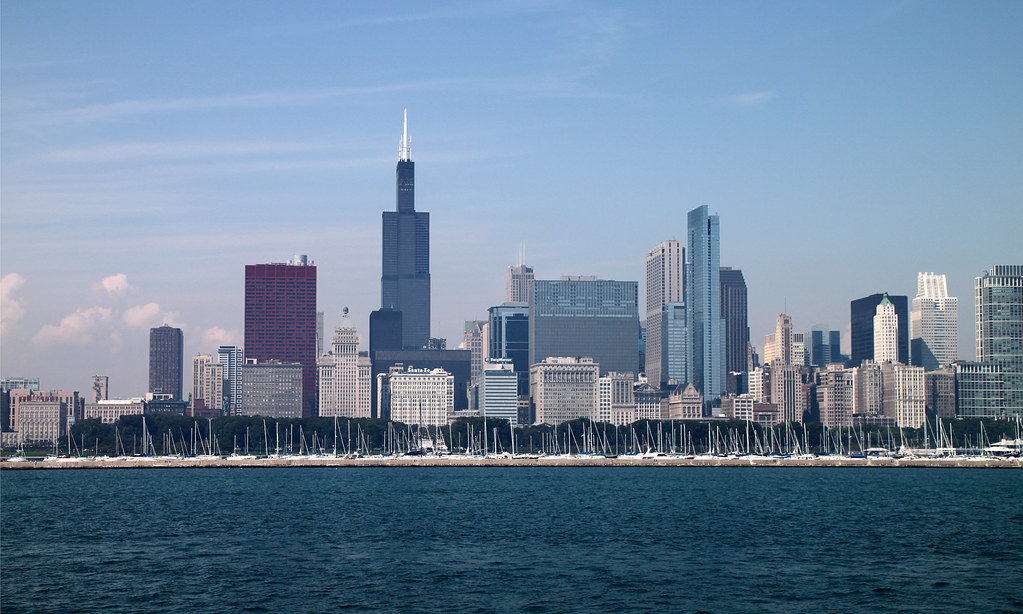A proposal to fight traffic congestion in Chicago by boosting taxes on certain ride-hailing trips won city council approval on Tuesday as the city and ride providers alleged each other of penalizing low-income passengers.
Mayor Lori Lightfoot’s plan boosts the city’s tax on single-passenger trips and decreases the tax on shared rides while imposing new surcharges on weekday rides in the downtown area to raise $40 million for the fiscal year that starts January 1.
Ride-hailing companies Uber and Lyft have claimed the move would largely harm low-income residents.
Previously this month, Lightfoot, who is the city’s first female African-American mayor, had alleged Uber of trying to resist any type of regulation by stirring up racial tensions.
Uber denied her claims and said alternative proposals it provided would spare lower-income communities in Chicago’s South and West sides from higher costs while raising more money for the budget of the city.
Reuters’ analysis of data that ride-sharing companies are must reveal to Chicago shows fares for shared rides in the city have increased enough over the past year, while fares for single riders have remained the same.
The price increases for shared rides mainly affect Chicago’s low-income neighborhoods where most carpool rides are booked, the analysis revealed. Over this period of boosted fares, carpool ridership dropped.


